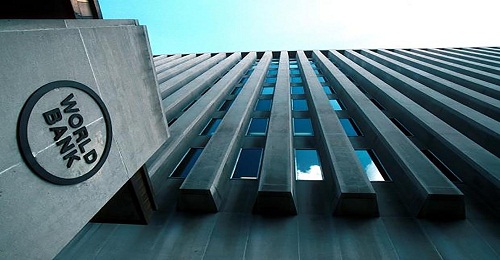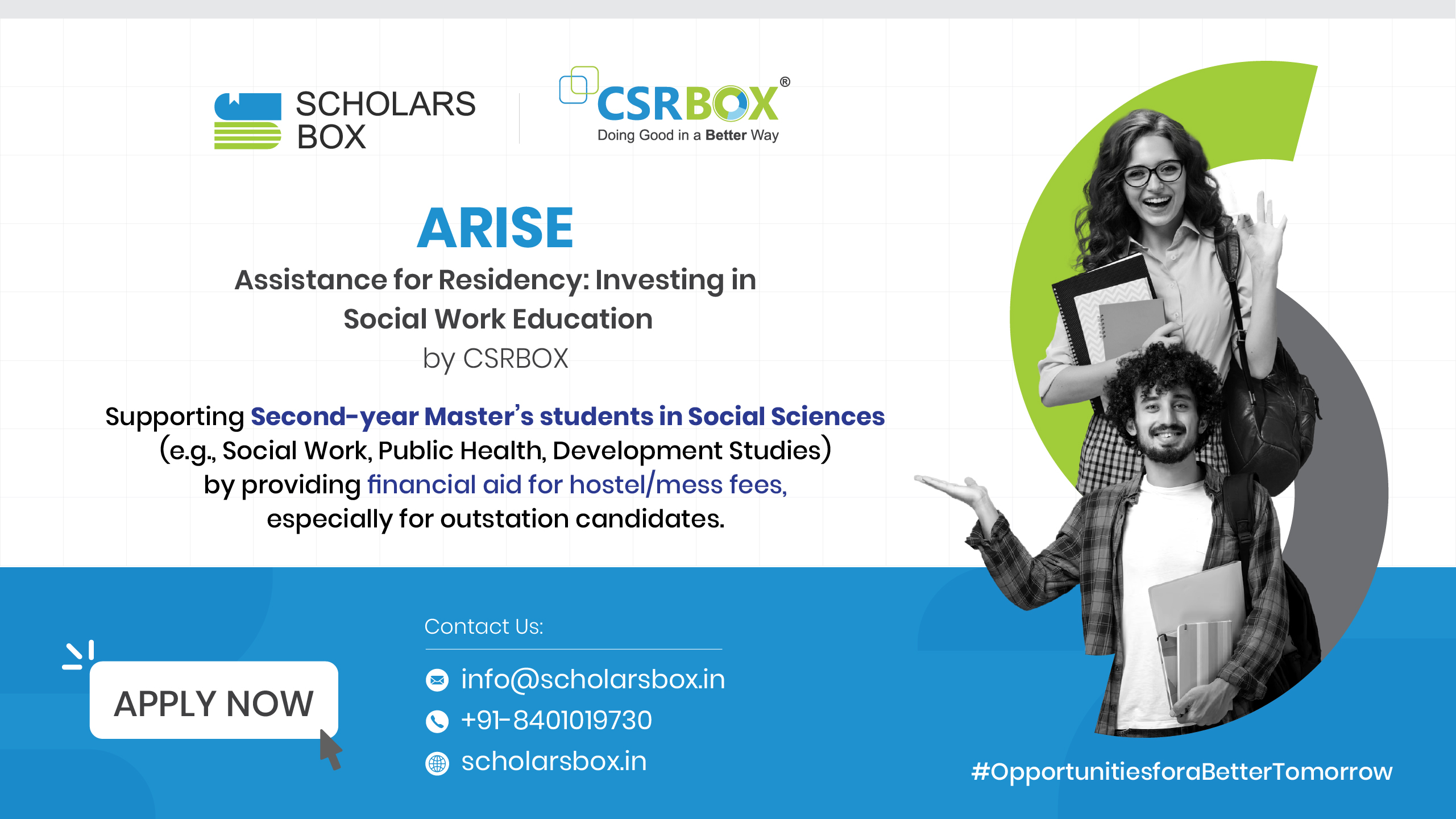World Bank-funded plan to benefit 4.11 lakh people in Tamil Nadu
By Indian Express
April 21, 2018

A total of 4.11 lakh people from 26 districts of the state will benefit from the World Bank-funded rural transformation project.The World Bank will be providing a USD 100-million loan to Tamil Nadu to implement the project and an agreement was signed by both Centre and State with the bank at the beginning of this year, according to official sources. The project implementation will be rolled out in a phased manner; 26 blocks will be taken up for implementation in all project districts in the first eight months, followed by 52 blocks at the end of 12 months, and the remaining 42 blocks by the end of 18 months from initiation of project implementation, sources quoting a World Bank document said.
The main aim of the project is to promote rural enterprises, facilitate their access to finance, and create employment opportunities for youth, particularly women, in selected blocks of Tamil Nadu, the World Bank report said. The project is expected to support 6,620 individual entrepreneurs and 80,000 youth (40,000 through convergence with existing flagship government skilling schemes and 40,000 through community-based skilling provision).
The project builds on the government’s ongoing World Bank-supported Tamil Nadu Empowerment and Poverty Reduction Project (TNEPRP) and National Rural Livelihoods Project (NRLP), which support the National Rural Livelihoods Mission (NRLM). The project interventions include rural enterprise ecosystem development, enterprise business plans financing, skills and job opportunities and project management, results monitoring and implementation support system.
The project will be implemented by the Tamil Nadu Rural Transformation Society (TNRTS), which is the implementing agency. The TNRTS incorporates learning, implementation experience and capacities from the Tamil Nadu ‘Pudhu Vaazhvu’ Society. The project will focus on households represented by women as the unit of planning. It will target households which possess basic level of assets, resources, and skills that can be invested to enable an income increase from value-added economic opportunities.
Under the initiative, communities will identify commodities and sub-sectors in the value chain for preparing business plans. Thirty per cent of the financing for these business plans will be made through a matching grant programme from the project and the remaining 70 per cent will be leveraged from other financial institutions.Selected innovations and start-up ideas will also be tested or scaled up under a newly created platform known as the Tamil Nadu Rural Transformation Marketplace.
According to the World Bank report, pilot projects, under Induced Thematic Innovations, will focus on testing three concepts that are independent, yet consciously induced by the project, and are guided by global and national knowledge, experiences, and best practices.These include the Creative Industries Pilot Project that will promote traditionally creative and cultural industries sector. It will strengthen and support rural artisan enterprises, while a AgriFood Hub Facility Pilot Programme, that will promote the culinary sector in Tamil Nadu around an economically viable, sustainable, and nutritious local food system model, will also be implemented. A Green Enterprise-Sanitary Napkins and Menstrual Hygiene Pilot Project has been planned to promote access to sanitary napkins and to menstrual hygiene education by supporting the development of locally owned manufacturers of biodegradable and affordable sanitary pads.
Similarly, a rural e-trading platform will be designed, developed, and deployed based upon the best practices and learning from similar platforms operating in urban setups (such as Amazon). Features of the rural e-trading platform will be adapted to suit farmers, tribal artisans, and other beneficiaries. The nano, small and medium enterprise barometer tool will be developed to analyse district and panchayat-wise identification of nano, small and medium enterprise status and key products around which clusters can be formed.
Plan to transform state’s villages
The main aim of the project is to promote rural enterprises, and create employment opportunities $161.1 bn
Tamil Nadu’s gross state domestic product (GSDP) in 2014-15, making it the second largest state economy in India. During 2006-07 to 2016-17, TN’s gross state domestic product (GSDP) grew at 7.4 percent per year 6%
Population share of Tamil Nadu. But the State has the highest number of business enterprises (11 percent) and stands second in total employment (10 percent) in India $2,600
Average per capita GDP for the state in 2016-17, but half of the districts have lower incomes 11.3%
The poverty ratio in the state, as of 2011-12. The rural poverty ratio was 15.8 per cent, with 5.9 million people living below the poverty line 6.5%
The State’s urban poverty ratio, with 2.3 million people living below the poverty line. The State though is considered as one of the most urbanised in the country
© Renalysis Consultants Pvt Ltd





.jpeg)


